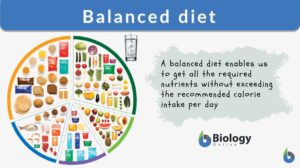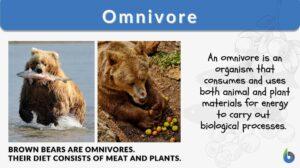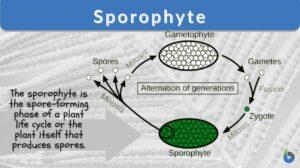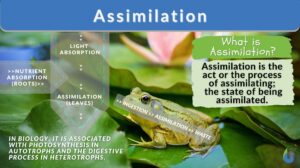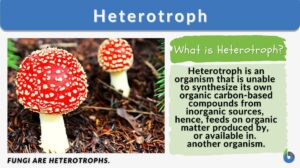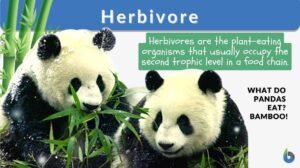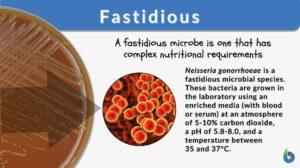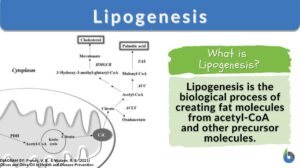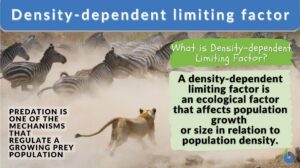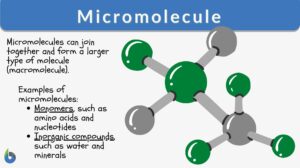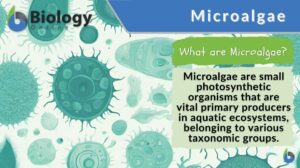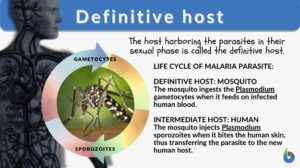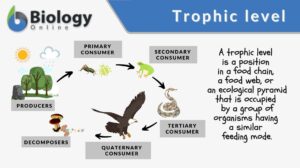Search Results for: nutrition
The Application of Biotechnology to Nutrition: An Overview
Maureen Mackey, PhD, FACNMonsanto Company, St Louis, MissouriAddress reprint requests to: Maureen Mackey, PhD,... Read More
Balanced diet
What is a balanced diet? What is the definition of a balanced diet? A nutritionally balanced diet fulfills all nutritional... Read More
Monounsaturated fat
What is monounsaturated fat? Monounsaturated fats are healthy dietary fats. They are liquid at room temperature. Unlike... Read More
Biotic factor
Biotic Factor Definition A biotic factor is the living component in an ecosystem. The term "biotic" means "of or related... Read More
Sporophyte
Sporophyte Definition What is a sporophyte? Accordingly, the sporophyte is the plant generation that produces spores. To... Read More
Assimilation
Assimilation Definition What is assimilation? Assimilation in biology is defined as the process in which living organisms... Read More
Carbohydrate
Carbohydrate Definition A biomolecule refers to any molecule that is produced by living organisms. As such, most of them... Read More
Phagocytosis
Phagocytosis Definition Phagocytosis is a basic physiological cellular process wherein a cell ingests a solid particle... Read More
Community (biology)
Community, in biology, refers to the assemblage of interacting organisms (either of the same or different species)... Read More
Heterotroph
Heterotroph Definition What is a heterotroph? Does a heterotroph make its own food? In biology and ecology, a heterotroph... Read More
Parthenogenesis
To reproduce, by definition, means to produce new offspring. The process is referred to as reproduction, which is one of the... Read More
Fastidious
Fastidious Definition We can define fastidious as a term used in microbiology to denote a species that lacks the ability to... Read More
Lipogenesis
Lipogenesis Definition Lipogenesis is the process of producing lipid or fat to store biochemical energy for later metabolic... Read More
Biology: Concepts & Connections with Student CD-ROM (5th Edition)
Biology: Concepts & Connections with Student CD-ROM (5th Edition) ... Read More
Density dependent limiting factor
What Is A Density-Dependent Limiting Factor? Density-dependent limiting factors are limiting factors, which, depending on... Read More
Parenteral
Definition adjective Relating to or describing the method or route of administration not through the gastrointestinal tract... Read More
Micromolecule
Micromolecules Definition How to define micromolecule? Micromolecules are relatively small molecules that are combined... Read More
Polygenic inheritance
Polygenic inheritance refers to the kind of inheritance in which the trait is produced from the cumulative effects of many... Read More
Microalgae
Microalgae Definition Microalgae (singular: microalga) are microscopic algal species as opposed to other algae that are... Read More
Definitive host
Different Biological Relationships The biological world is interconnected whether we notice it or not. All the life forms... Read More
Trophic level
In ecology, a trophic level pertains to a position in a food chain or ecological pyramid occupied by a group of organisms... Read More
Hypertrophy
Hypertrophy Definition Hypertrophy refers to the enlargement or increase in the size of an organ or tissue due to the... Read More

